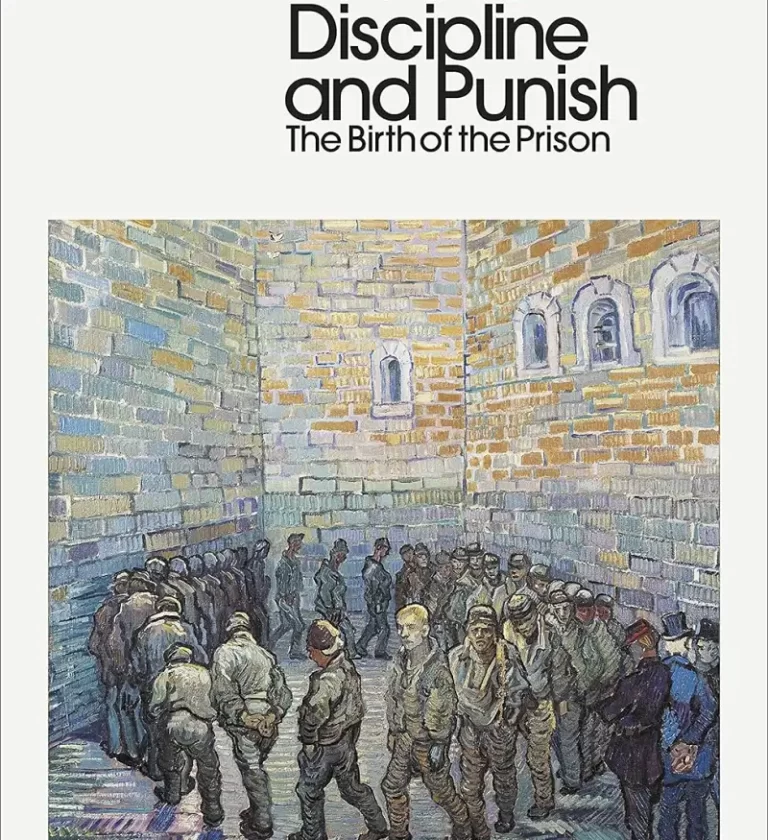Michel Foucault's "Discipline and Punish: The Birth of the Prison" is a seminal text in the field of sociology and critical theory, offering a profound analysis of the evolution of social control mechanisms, particularly focusing on the transition from corporal punishment to the modern prison system. Foucault's work, published in 1975, investigates how power operates within societies, emphasizing the role of discipline in shaping modern institutions and individuals. This summary will outline the main points of Foucault's argument, organized under various thematic headings.
Historical Context and the Shift in Punishment
The Spectacle of Punishment
Foucault begins "Discipline and Punish" with a graphic depiction of a public execution in 1757, illustrating the brutal and theatrical nature of corporal punishment in the pre-modern era. These spectacles served as a means of asserting sovereign power and deterring crime through fear and awe. The body of the condemned was the primary site of punishment, which was executed publicly to reinforce the authority of the









